SystemLink
RESEARCH TRAINING GROUP 2360
GRADUIERTENKOLLEG 2360
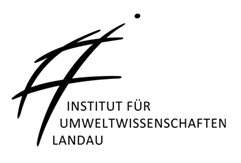


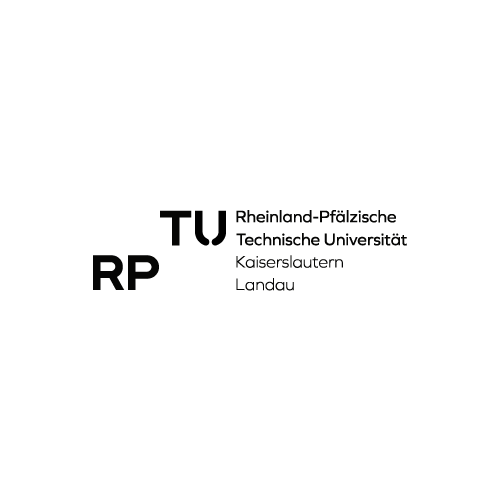
SystemLink
Is a research training group with an innovative qualification plan for young researchers who investigates bottom-up and top-down interactions in terrestrial ecosystems propagating from aquatic environments as a result of their exposure to anthropogenic stress.
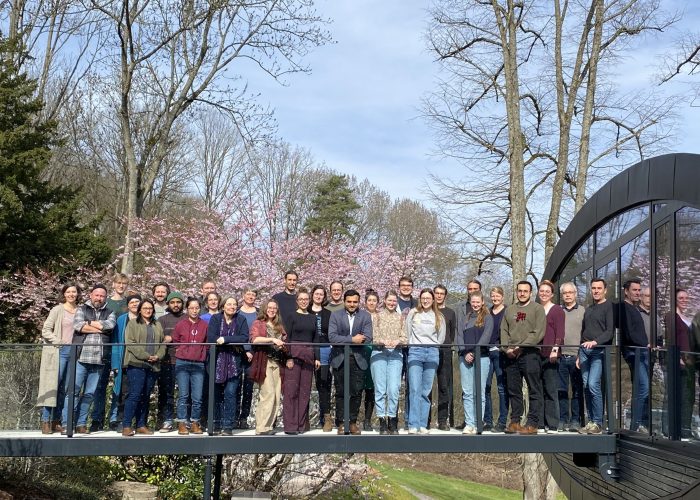
WHY?
The impact of matter input from terrestrial sources on aquatic systems is well known. The reverse process has received less attention.
We hypothesize that invasive species and micropollutant exposure cause top-down and bottom-up mediated responses in terrestrial ecosystems.
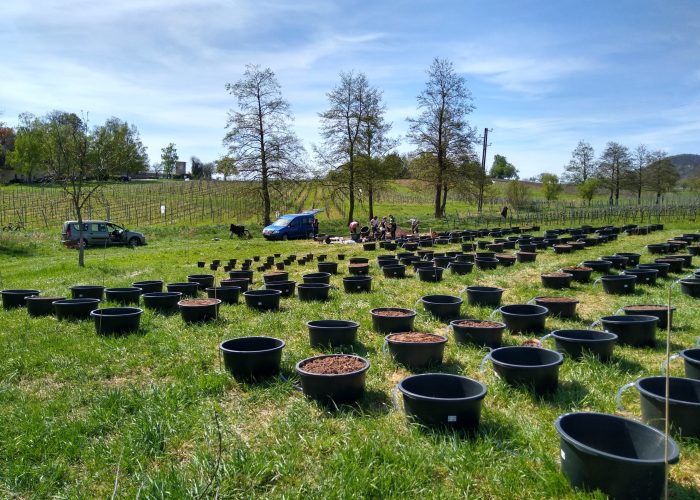
HOW?
PhD students in SystemLink either conduct experiments in unique aquatic terrestrial mesocosm facilities combined with laboratory and field research, or develop and apply process-based environmental models.
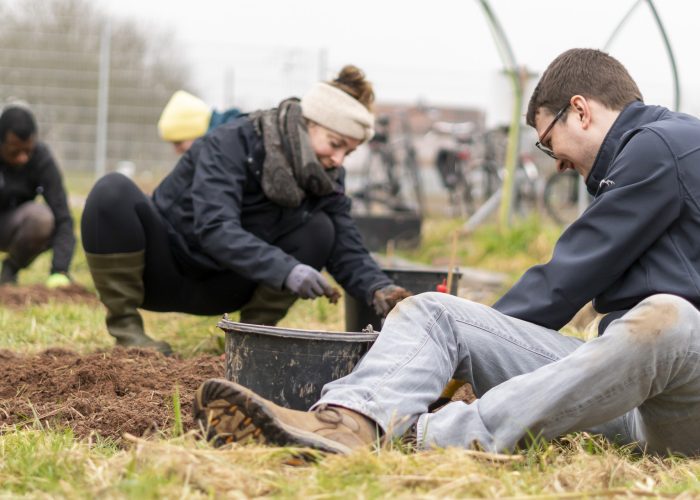
WHAT?
SystemLink thrives to increase the knowledge on effect translation across ecosystem boundaries by integrating biogeochemical fluxes and biological subsidies.
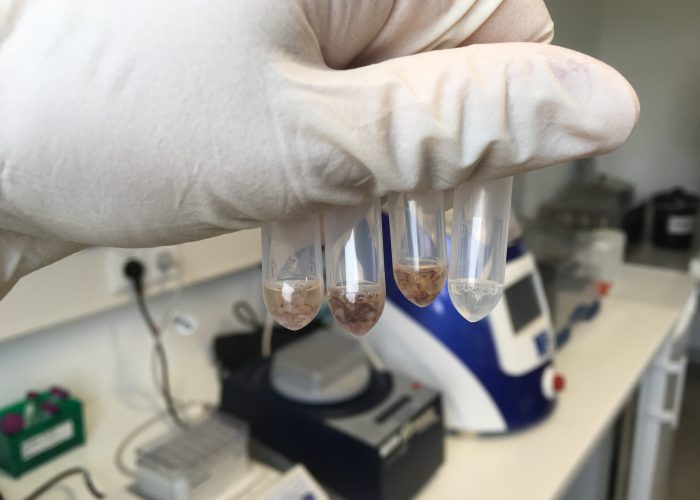
HIGHLIGHTS
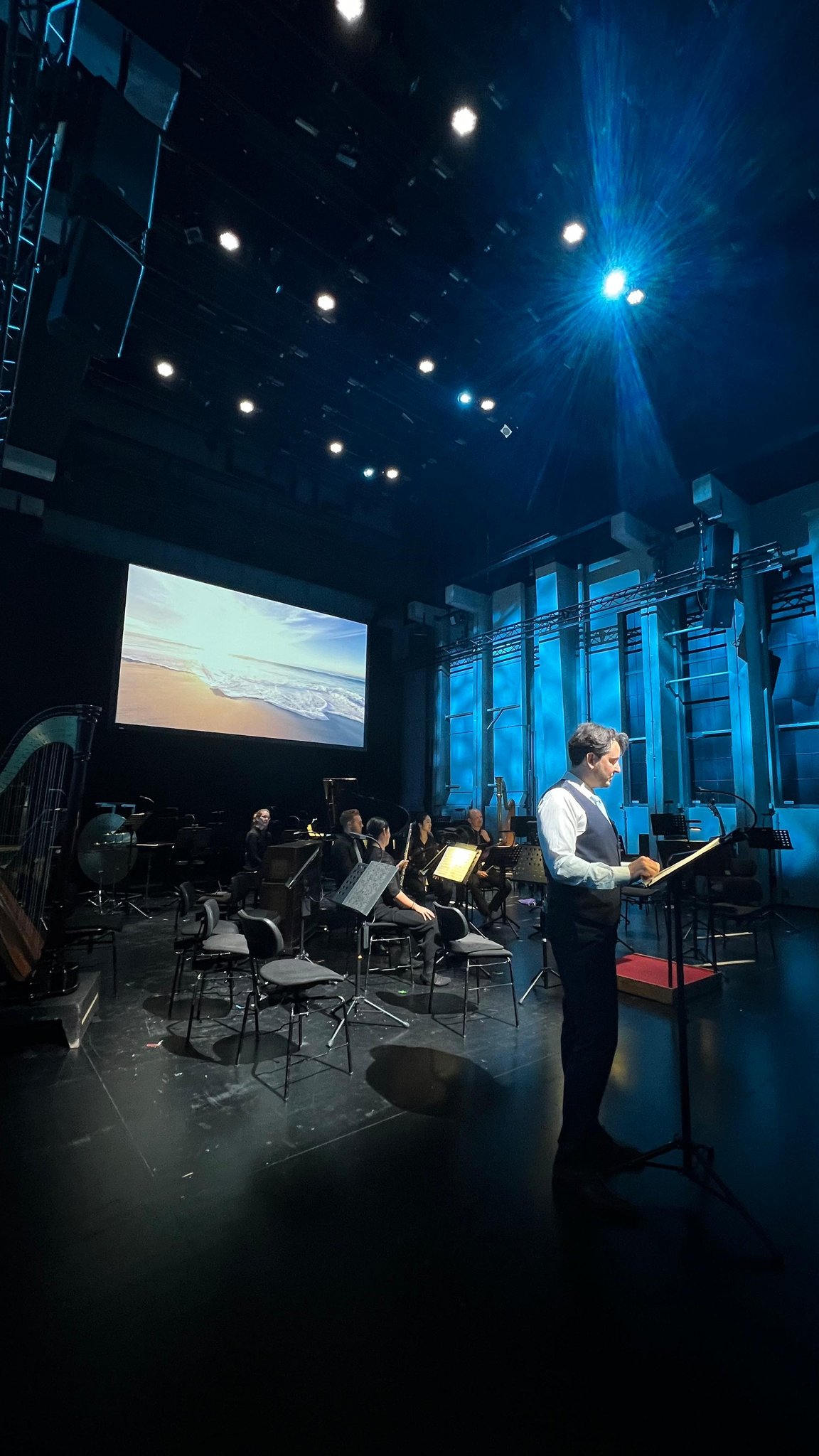
28 July 2024
The public and music met science at the climate concert “WasserWandel.” SystemLink Postdoc Dr. Alessandro Manfrin moderated the event, organized by the Staatstheater Augsburg and majestically performed by the Augsburger Philharmoniker Orchestra. Dr. Manfrin introduced the audience to the numerous challenges that aquatic and riparian ecosystems face due to climate change, along with the wide range of anthropogenic alterations affecting their biodiversity. Also present at the event was Jürgen K. Enninger, Head of the Department for Culture, World Heritage, and Sports for the city of Augsburg.
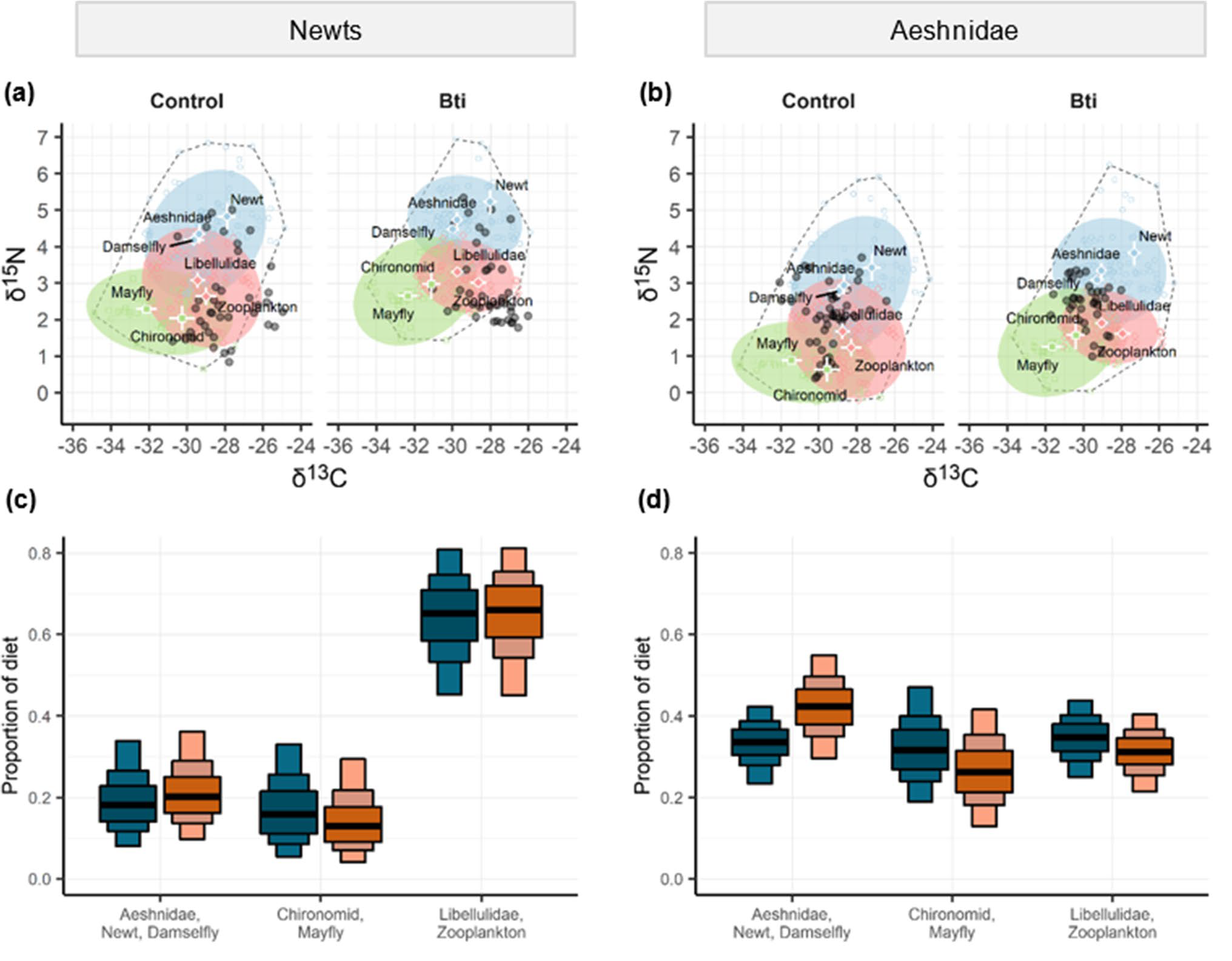
05 July 2024
A new publication from Dr. Verena Gerstle and co-authors analyzes the effect of the mosquito biocide Bacillus thuringiensis var. israelensis (Bti) on the trophic predator-prey dynamics of newts and dragonflies in pond ecosystems. The study found no effects of Bti on the diet proportions of newt larvae and no significant effects on their fatty acid content. However, the authors observed a trend in the larvae of the dragonfly Aeshnidae: in ponds exposed to Bti, compared to controls, they consumed a higher proportion of large prey (e.g., Aeshnidae, newt, and damselfly larvae). Link to the study
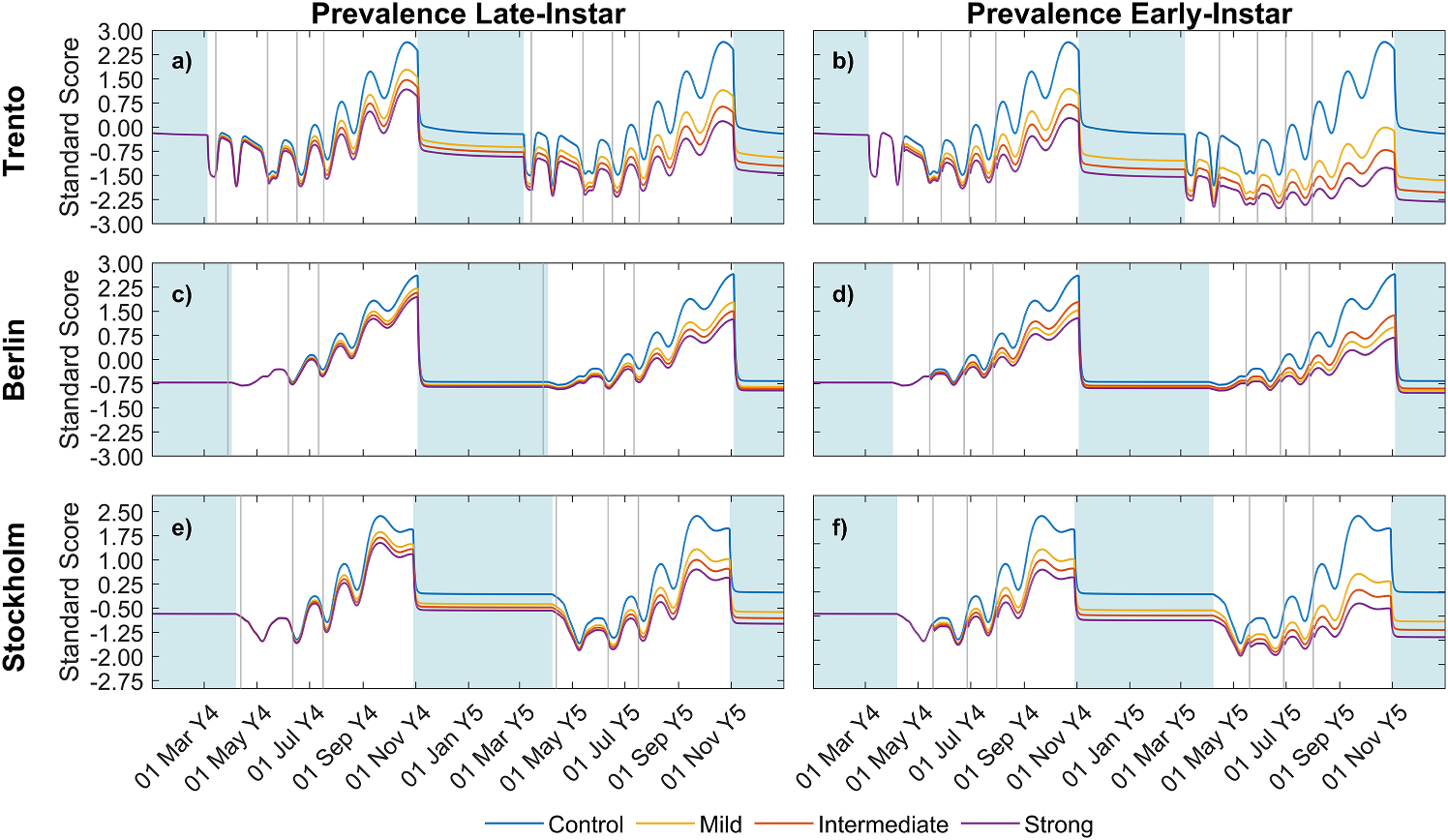
21 June 2024
In their recent paper, Dr. Alessandro Manfrin, Dr. Gregorio López Moreira Mazacotte, and co-authors developed a model to predict the long-term cumulative effects of toxicant exposure on the emergence of Chironomidae for multiple generations and across European latitudes. The emergence reduction was stronger with prevalence of early-instar larvae and twice as severe in the 2nd year of Bti application. The model is flexible and can be tuned and applied to different pollutants, scenarios, systems and functional or taxonomic units. Link to the paper
Insights into our work
GALLERY
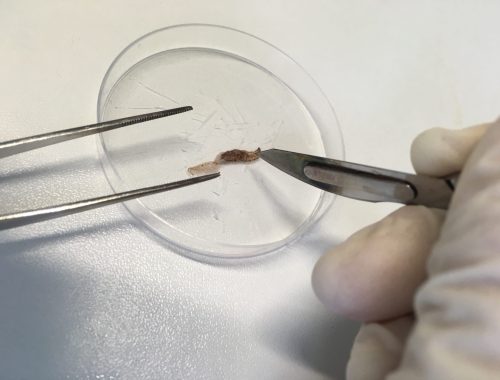
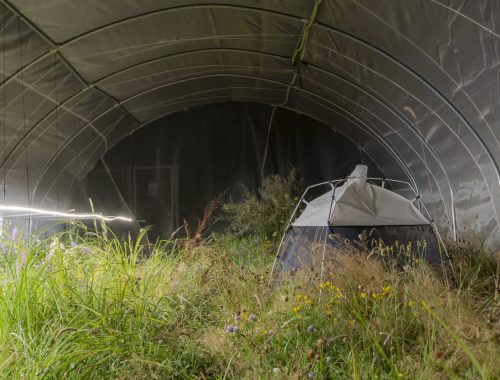
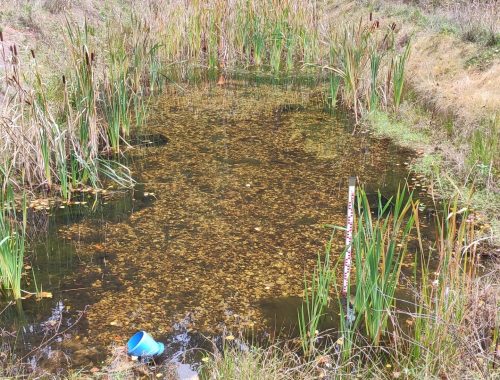
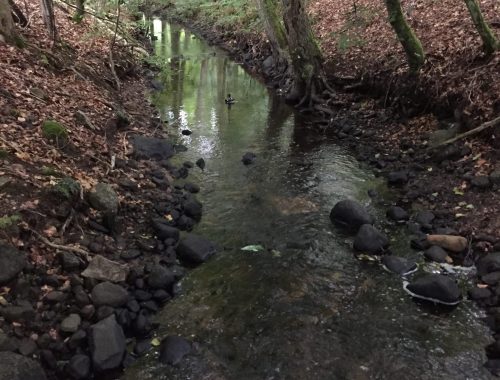
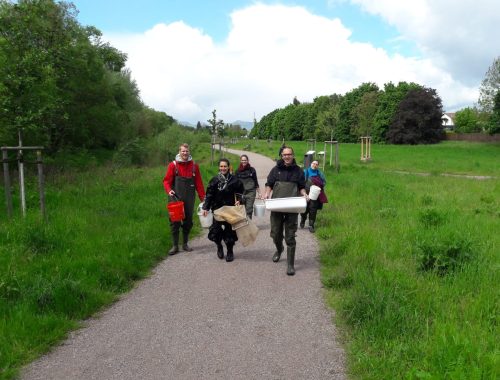
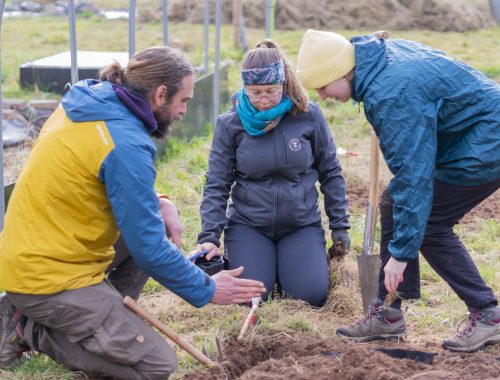
Introduction SystemLink
